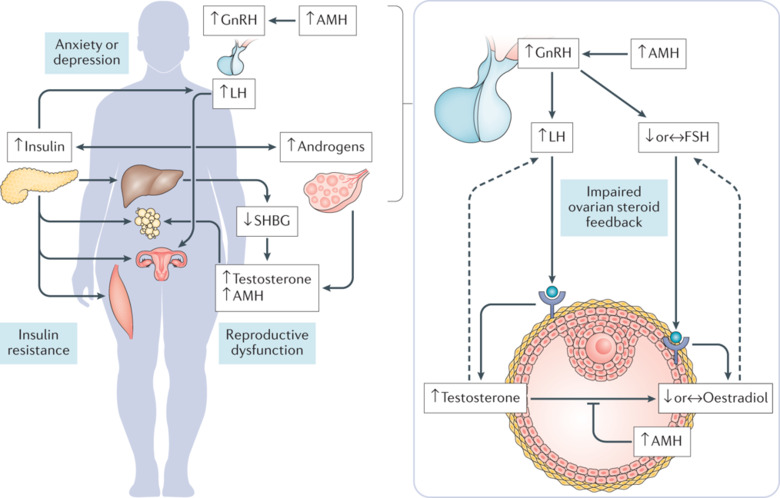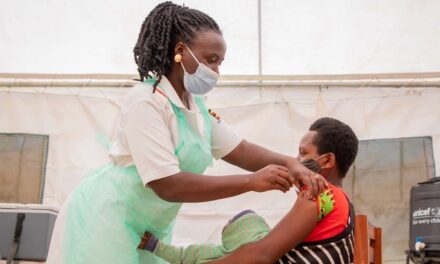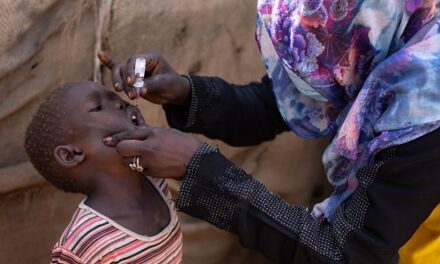Beijing, China – A new study published in Frontiers of Medicine suggests that olaparib, a PARP inhibitor, may be a safe and effective maintenance therapy for some ovarian cancer patients. The research focused on patients with newly diagnosed, advanced-stage, high-grade serous ovarian cancer who are HRD (homologous recombination deficiency) positive but do not carry the BRCA gene mutation.
This patient group has been relatively understudied in previous research on PARP inhibitors. The study, conducted across 11 tertiary care centers in China, analyzed data from patients who received olaparib after initial chemotherapy.
Key Findings:
- Significant Progression-Free Survival: The study found a one-year progression-free survival (PFS) rate of 75.2%, with a median PFS of 21.0 months. These results are comparable to those observed in previous trials, indicating that olaparib can effectively maintain remission in this specific patient population.
- Favorable Safety Profile: The most common side effects were anemia and nausea, which were generally manageable.
- Filling a Knowledge Gap: This study provides crucial evidence supporting the use of olaparib in HRD-positive/BRCA wild-type ovarian cancer, expanding treatment options for this patient group.
Limitations and Future Directions:
The study has limitations, including its retrospective design, short follow-up period, and relatively small sample size. However, the findings are promising and warrant further investigation through ongoing clinical trials, such as the phase III MONO-OLA1 study.
Overall, this research highlights the growing importance of PARP inhibitors in the treatment of ovarian cancer and offers hope for improved outcomes for patients with HRD-positive/BRCA wild-type disease.
Disclaimer: This news article is for informational purposes only and should not be considered medical advice.
Note: This article is based on the provided information and may not include all aspects of the original research.












